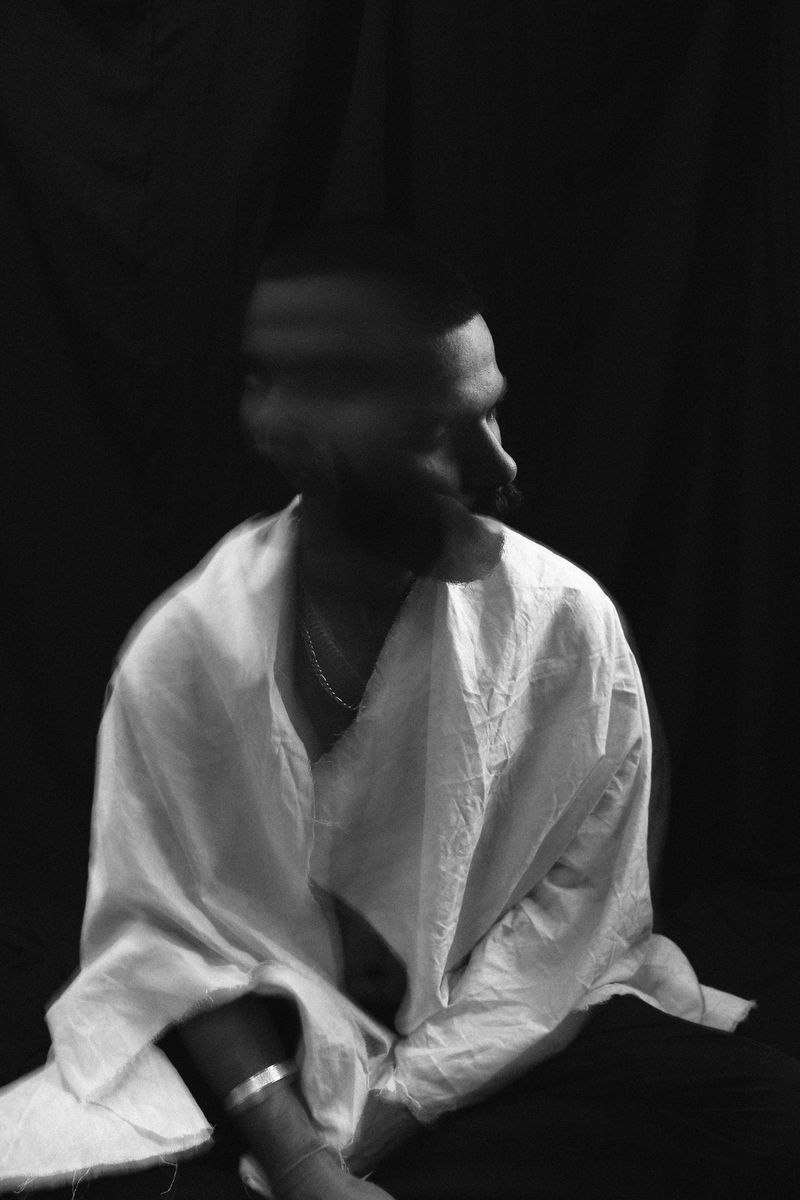Ever noticed your hubby retreating into his emotional man-cave? You’re not alone! When the chap who once couldn’t stop chatting suddenly transforms into a brooding silent type, it’s utterly baffling. Understanding why husbands emotionally withdraw isn’t just about pointing fingers; it’s about reconnecting and rebuilding those bridges that make marriages thrive.
1. Fear of Criticism Drives Him Underground

Constant criticism is like kryptonite to a bloke’s emotional openness. When every conversation feels like a performance review gone wrong, he’ll naturally start building walls thicker than medieval fortifications.
I’ve seen countless marriages where husbands retreat simply because they feel nothing they do meets expectations. The poor chaps end up walking on eggshells, terrified of triggering another disappointment discussion.
Rather than face the firing squad, they choose emotional hibernation; a primitive but predictable response to feeling perpetually inadequate.
2. Work Stress Spills Into Home Life

Picture this: Dave’s been battling spreadsheets and impossible deadlines all day, his boss breathing down his neck like a dragon with halitosis. By the time he crosses the threshold at home, his emotional bandwidth is completely shot.
Blokes often compartmentalise stress rather than process it. They’ll shut down emotionally because they simply haven’t got the energy to engage meaningfully after a day in the corporate trenches.
The irony? Many husbands withdraw to ‘protect’ the marriage from their work frustrations, not realising this creates a different problem altogether!
3. Unresolved Conflicts Become Emotional Quicksand

Ah, the classic ‘sweep it under the rug’ approach! When disagreements pile up faster than dirty laundry, many husbands retreat rather than wade into emotional quicksand. It’s the relationship equivalent of putting your fingers in your ears and humming loudly.
I’ve counselled couples where years-old arguments remained frozen in time, creating invisible barriers between them. These unaddressed issues become relationship landmines; everyone knows they’re there, but nobody wants to risk the explosion.
The husband’s withdrawal becomes his misguided attempt at peacekeeping, when actually it’s more like a cold war strategy.
4. Feeling Unappreciated for His Efforts

Remember that shelf he installed last month? Or how he sorted that leaky tap without calling a plumber? In his mind, these are epic demonstrations of devotion that often go completely unnoticed!
Many chaps express love through practical actions rather than flowery declarations. When these efforts receive about as much acknowledgment as yesterday’s weather forecast, they feel profoundly unvalued.
I’ve watched countless husbands gradually disconnect after years of feeling their contributions matter less than a chocolate teapot. Their emotional withdrawal becomes a protective response to the perceived lack of appreciation.
5. His Emotional Vocabulary Is Limited

“Fine” and “nothing’s wrong” – the universal language of emotionally stunted blokes everywhere! Many husbands weren’t exactly given a comprehensive emotional dictionary growing up. “Boys don’t cry” and all that rubbish.
When complex feelings arise, these poor chaps have about three emotional words at their disposal: angry, hungry, and tired. Faced with nuanced relationship discussions, they’re essentially trying to perform surgery with oven mitts on.
Rather than fumble through conversations where they lack the vocabulary, many husbands default to silence – not out of stubbornness, but genuine emotional illiteracy.
6. Changes in Intimacy Create Distance

Let’s talk bedroom business, shall we? When physical intimacy takes a nosedive faster than a lead balloon, emotional connection often follows suit. For many husbands, physical and emotional closeness are more tangled than headphones left in a pocket.
I’ve seen this pattern countless times – the physical disconnect gradually morphs into emotional withdrawal. It’s not just about the obvious bits; it’s about feeling desired, connected, and affirmed as a partner.
The rejection stings like vinegar on a paper cut, leading many blokes to protect themselves by emotionally checking out rather than risk further hurt.
7. He’s Battling Internal Demons

Sometimes a husband’s emotional disappearing act has precious little to do with the marriage itself. Depression, anxiety, and midlife crises don’t exactly announce themselves with formal invitations – they sneak in like uninvited party guests.
Men are spectacularly rubbish at acknowledging mental health struggles. Instead of saying “I’m feeling overwhelmed and possibly depressed,” they’ll retreat into themselves, building emotional fortresses that even the most loving spouse struggles to penetrate.
The withdrawal becomes his misguided attempt at self-preservation, a desperate effort to maintain control when his internal world feels chaotic.
8. Life Transitions Trigger Emotional Retreat

Nothing sends a chap into emotional hibernation quite like major life upheavals! New parenthood, redundancy, retirement – these seismic shifts can leave husbands feeling like they’ve been dropped on an alien planet without a phrasebook.
During these wobbly periods, many men retreat to recalibrate their identity and purpose. It’s terribly frustrating for partners, but there’s often a desperate scramble for solid ground happening beneath the surface.
I’ve counselled countless husbands who withdrew during transitions not because they cared less, but because they felt utterly lost and didn’t want to burden their partners with their existential flailing.
9. Communication Styles Clash Catastrophically

She wants to talk feelings over a cuppa; he’d rather eat his own socks than discuss emotional nuances. When communication styles clash like this, withdrawal becomes his default setting.
I remember one couple where she processed everything verbally, while he needed time alone to sort his thoughts. Her pursuit for immediate discussion and his retreat for reflection created a nightmarish cycle – the more she pursued, the more he withdrew.
These fundamental differences in how we process emotions aren’t about stubbornness; they’re hardwired approaches that, without understanding, can transform partners into emotional strangers faster than you can say “we need to talk.”
10. Past Relationship Wounds Leave Lasting Scars

Old heartbreaks don’t just disappear when wedding bells ring! Previous relationship traumas – whether from childhood, past romances, or even early in the current marriage – can haunt a husband like persistent ghosts.
When similar situations arise that trigger these old wounds, many blokes instinctively retreat behind emotional barricades. It’s basic self-protection, really – if opening up led to pain before, why risk it again?
The withdrawal isn’t about current circumstances but about protecting old injuries from fresh damage. Unfortunately, without addressing these historical hurts, the pattern becomes as predictable as rain at a British barbecue.